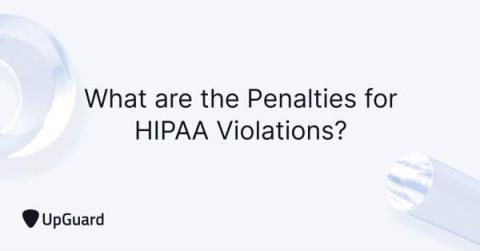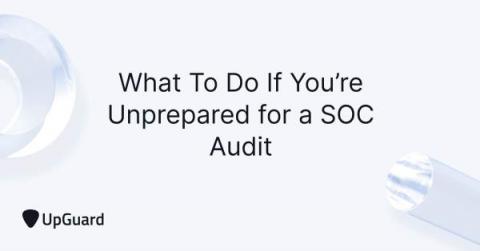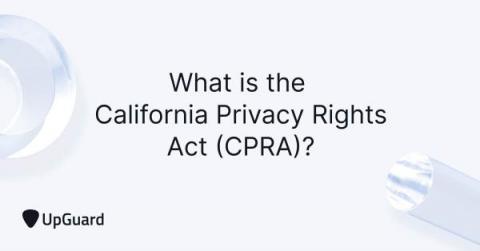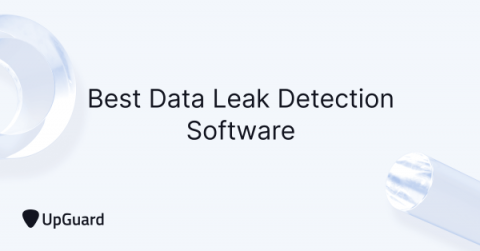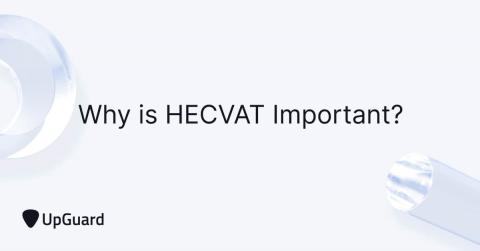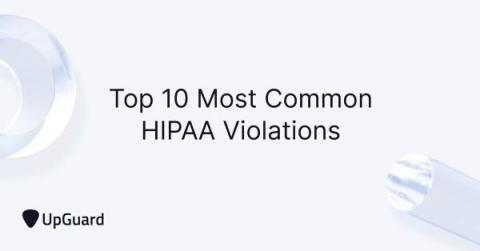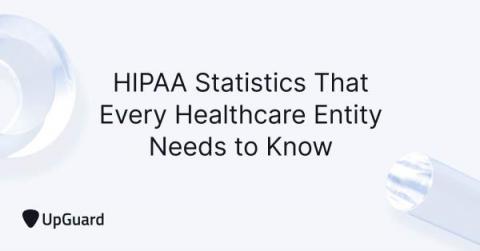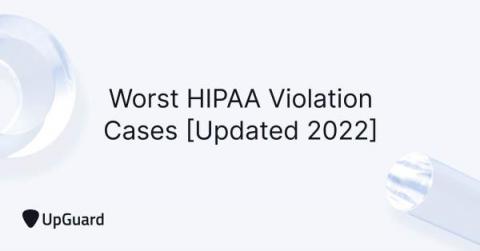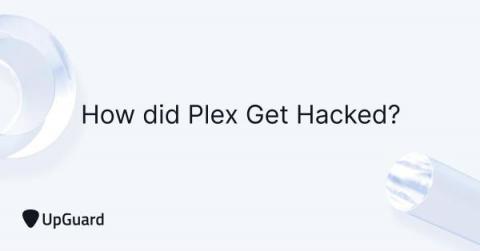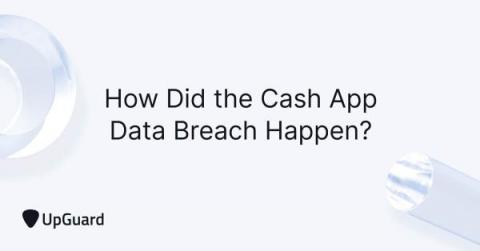What Are the Penalties for HIPAA Violations?
The HIPAA 1996 (Health Insurance Portability and Accountability Act) is a federal law enacted by the U.S. Congress that regulates how healthcare organizations handle PHI (protected health information) and ePHI (electronic protected health information). This includes complex and extensive rules for protecting critical medical data and sensitive patient information, so HIPAA non-compliance is often met with severe penalties.


